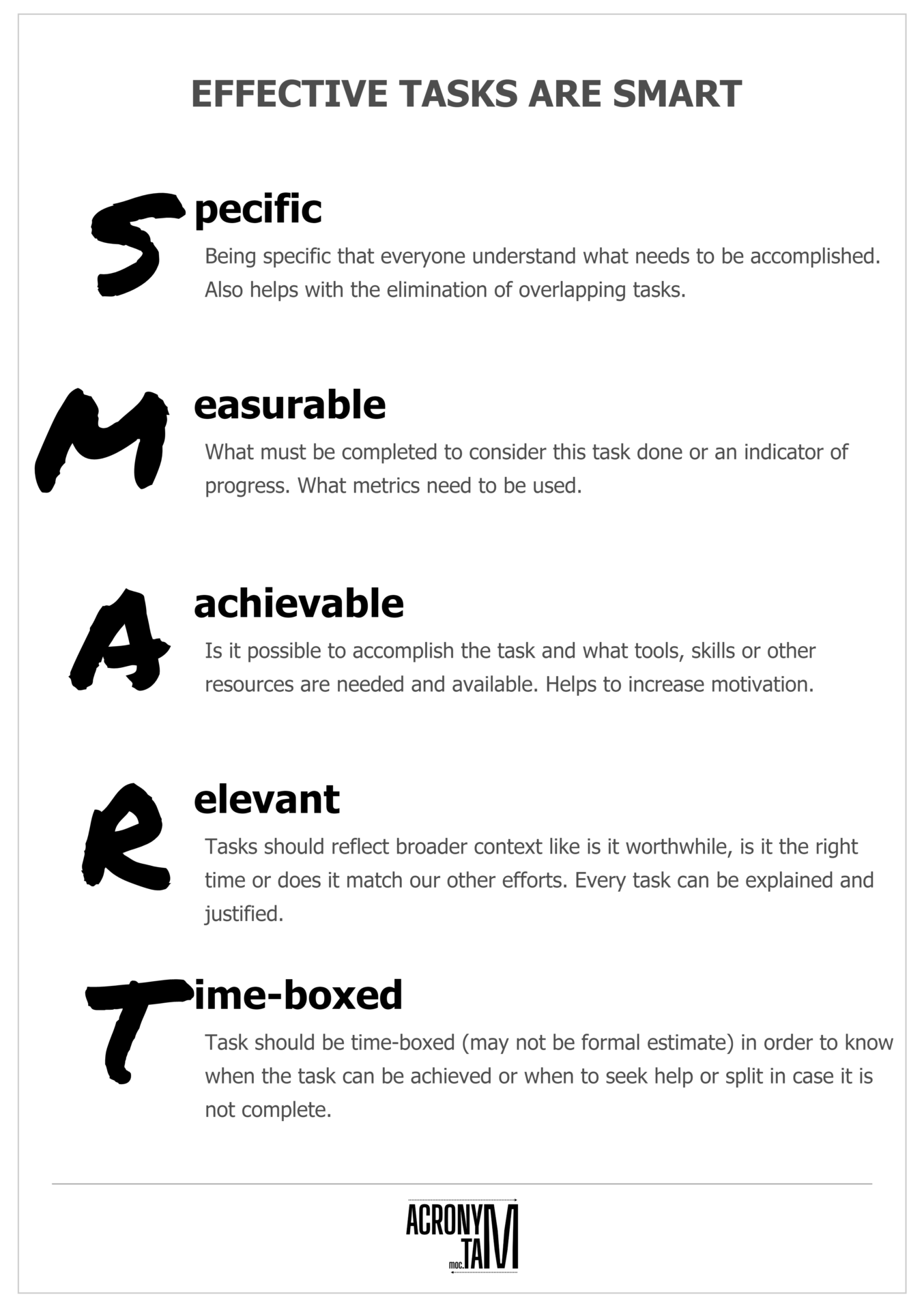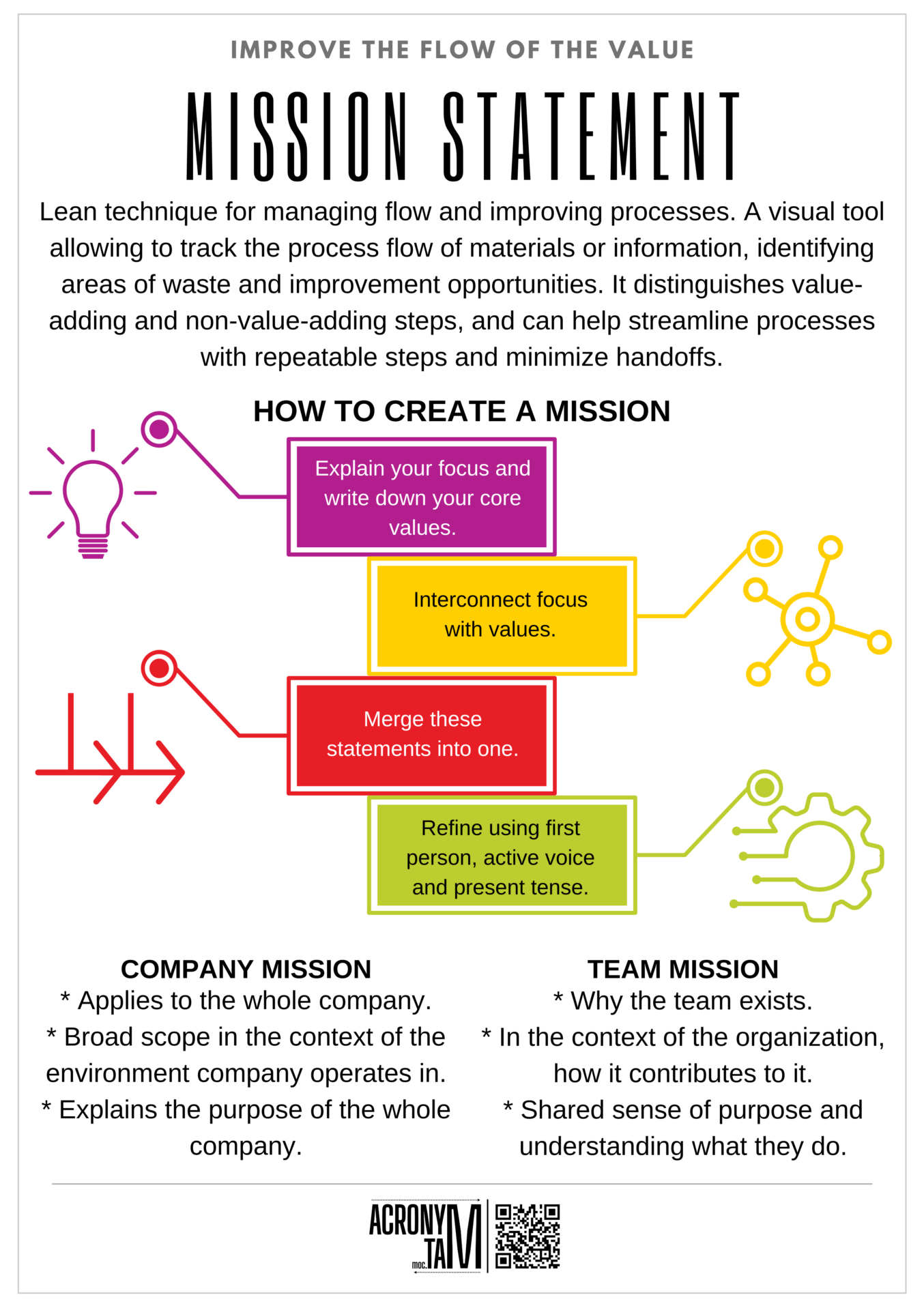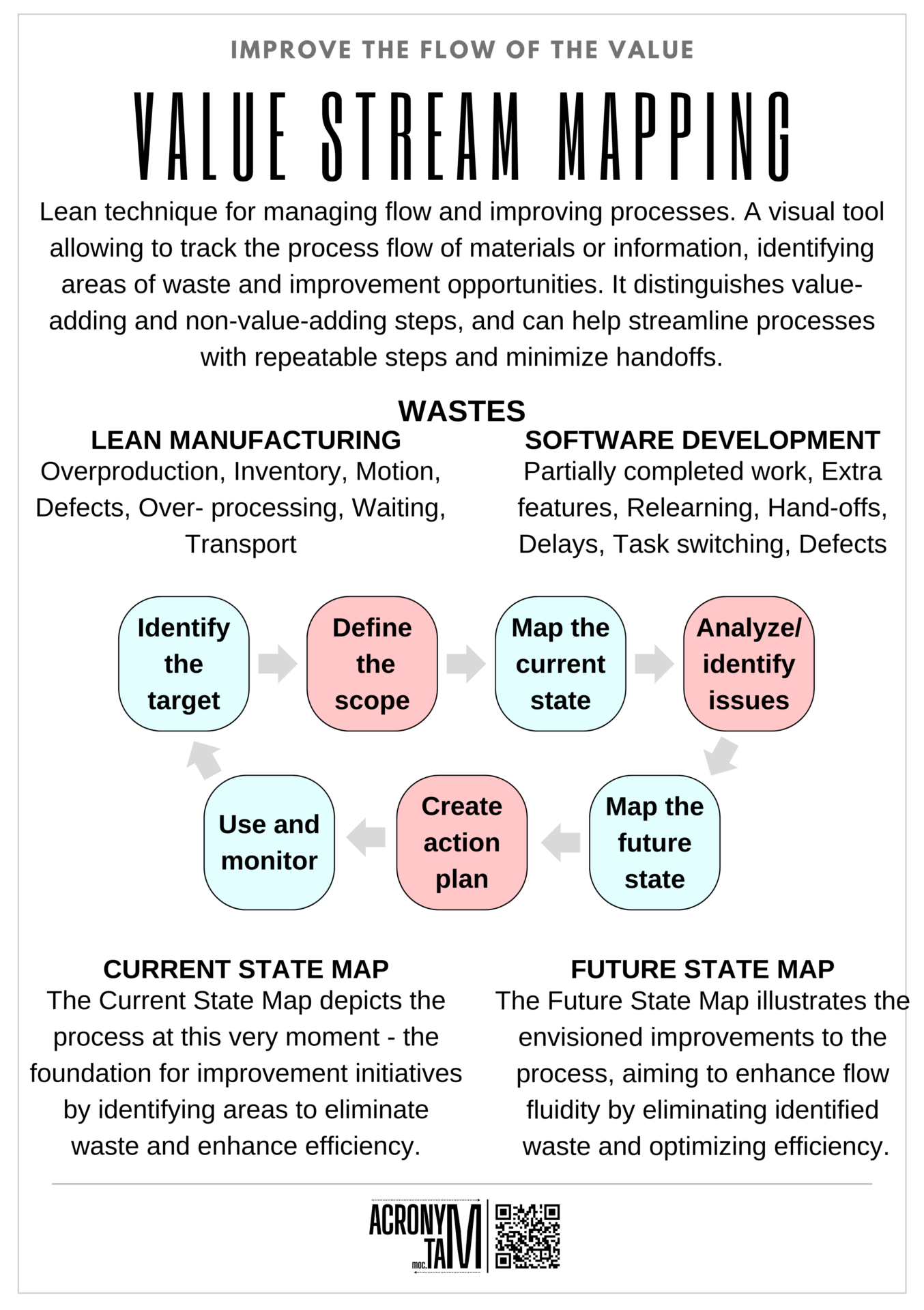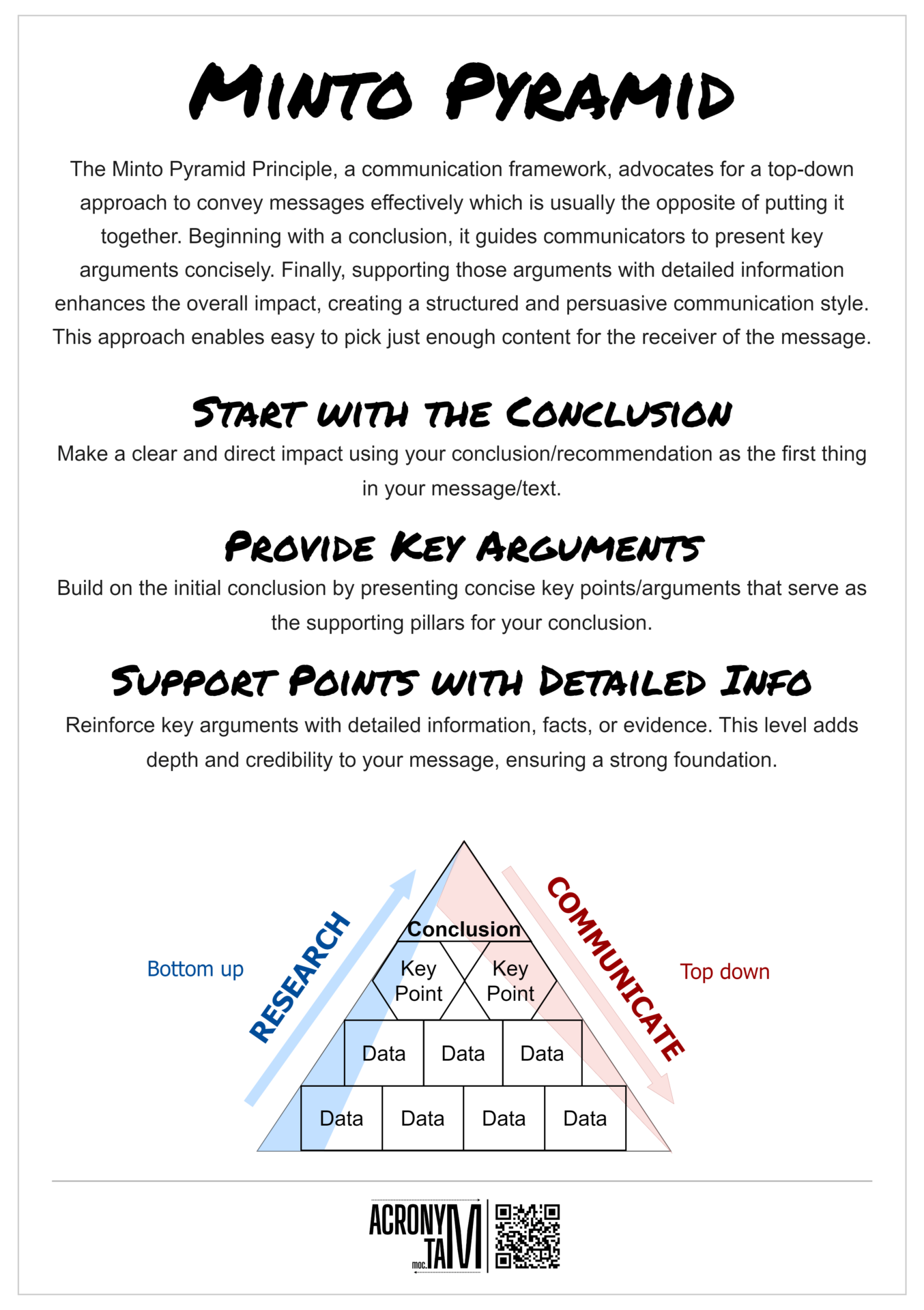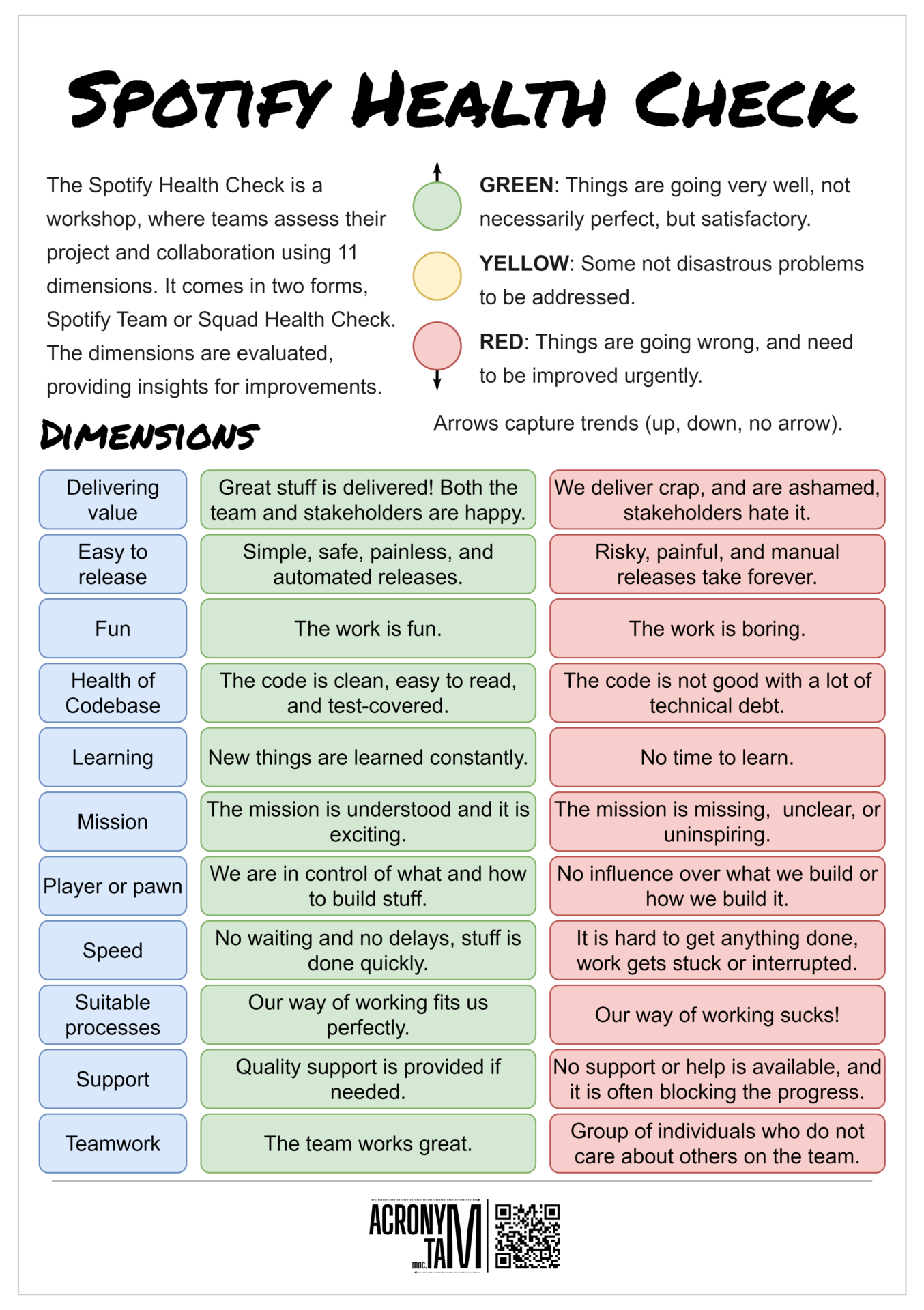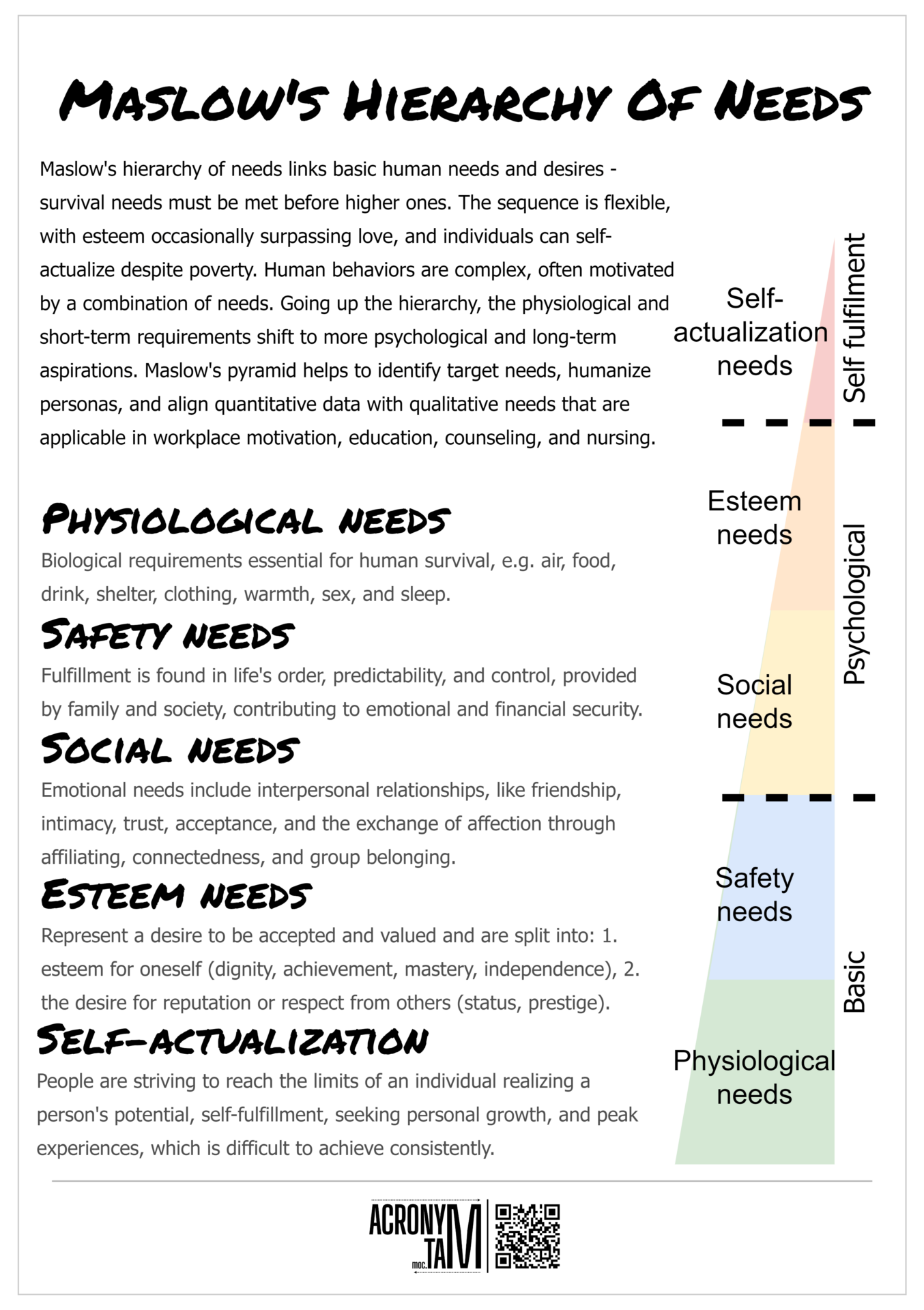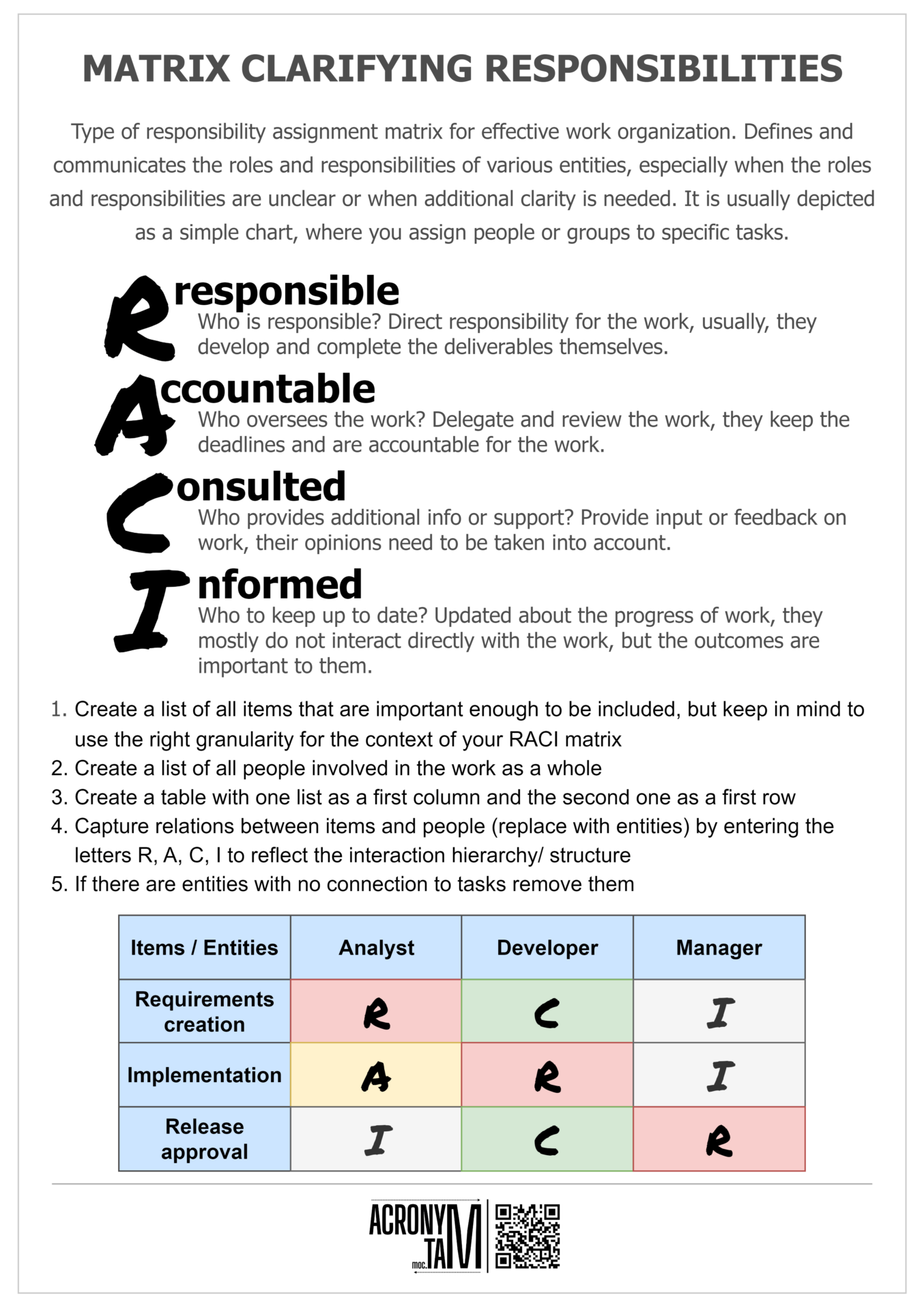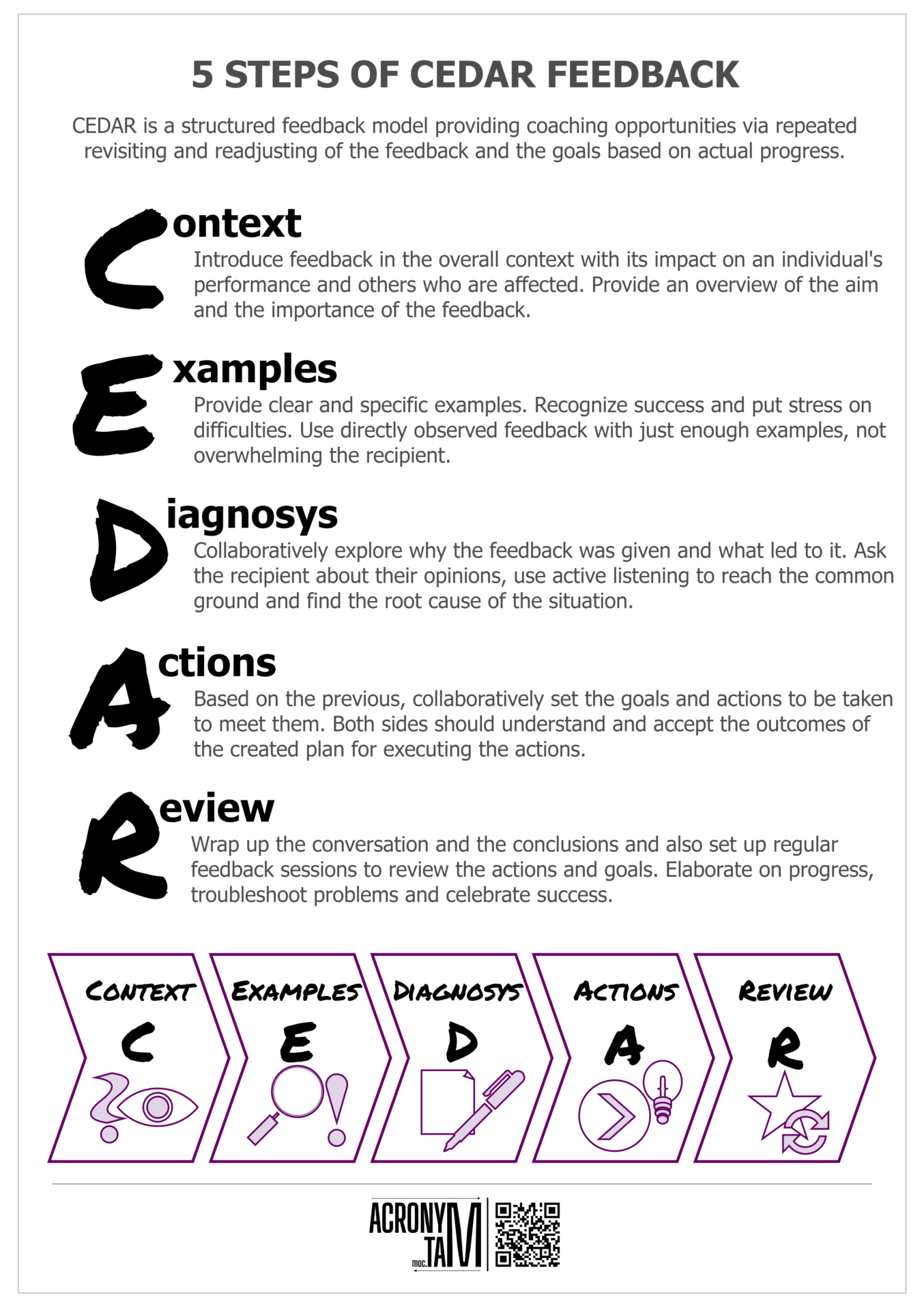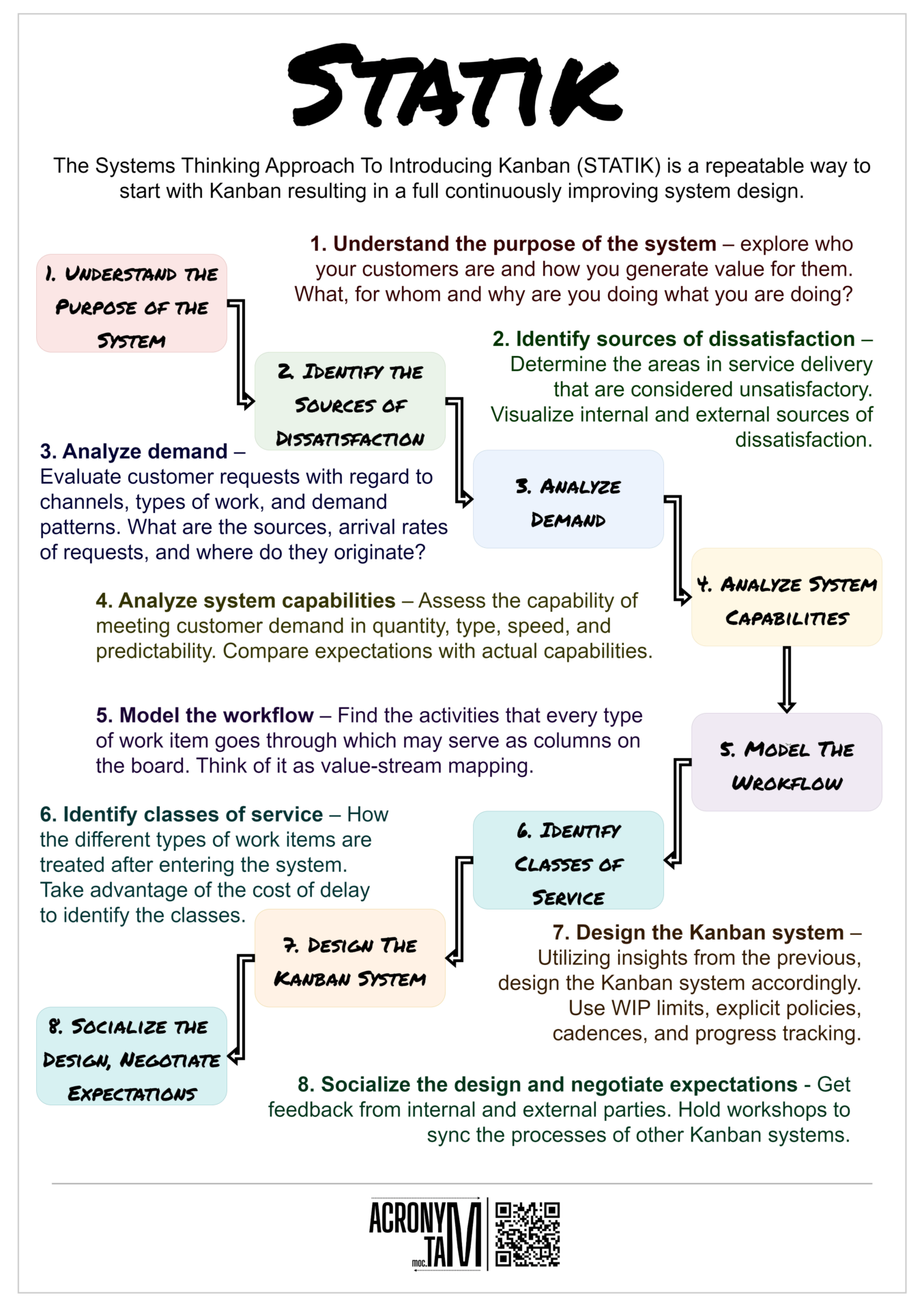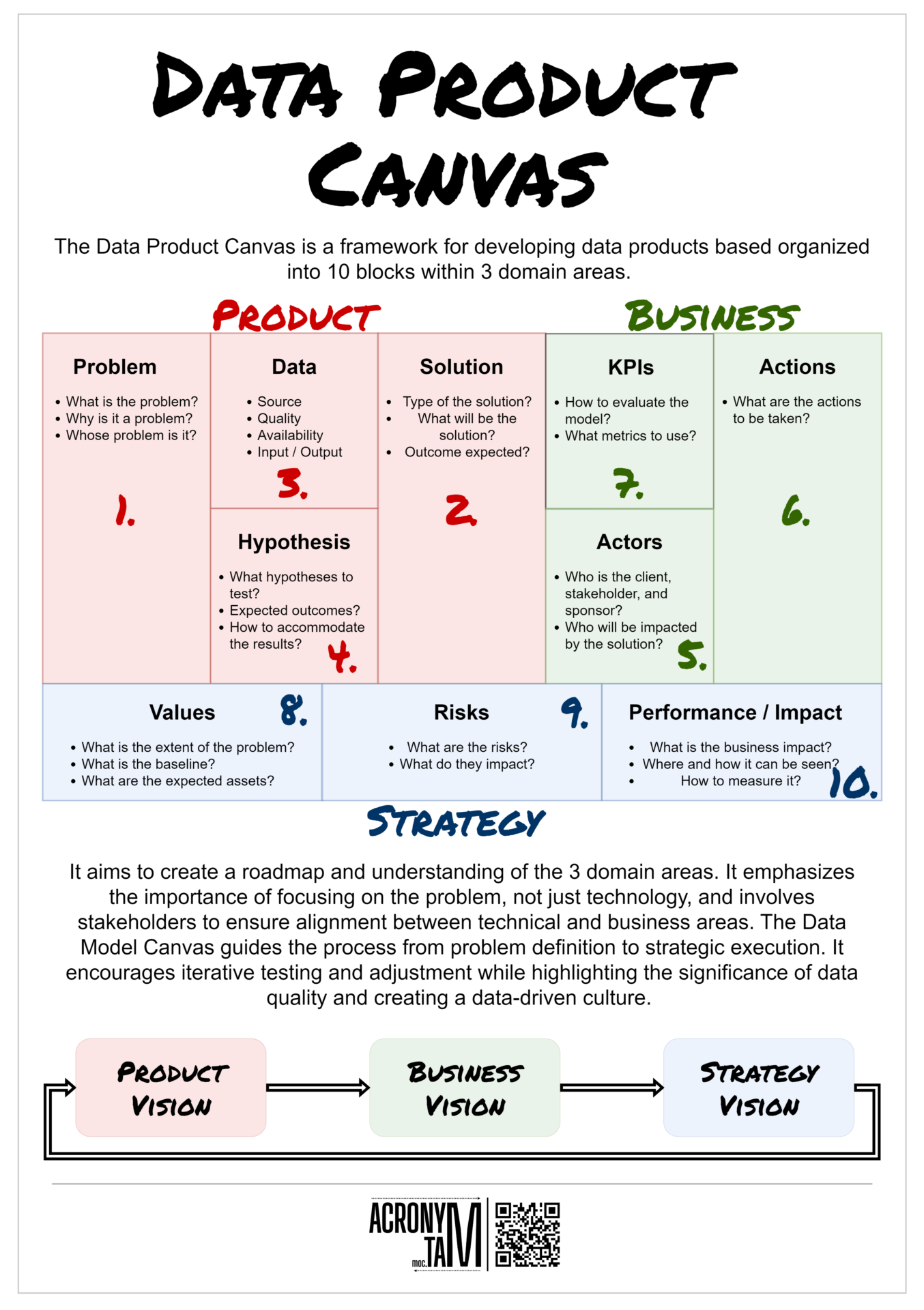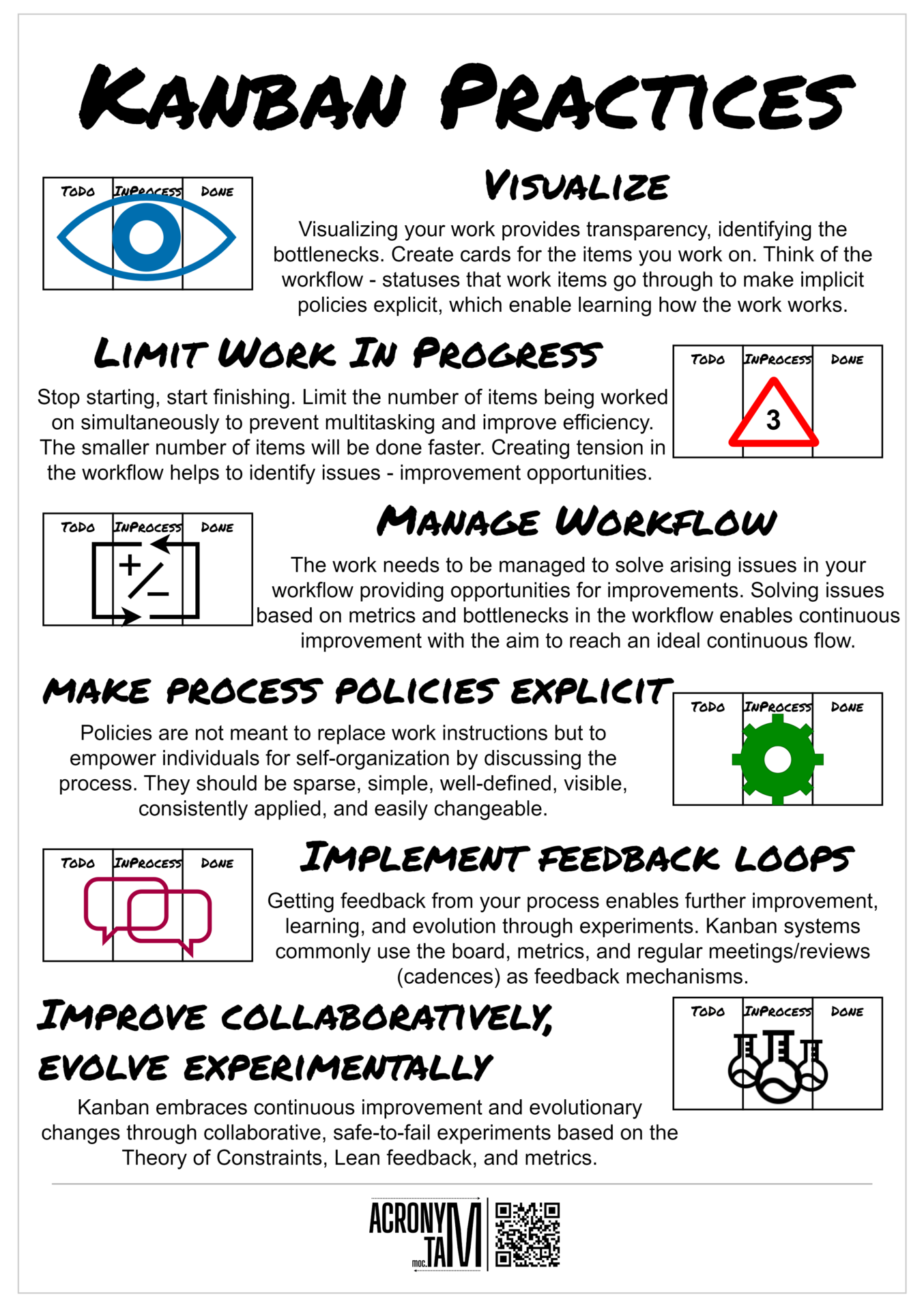Article
SMART
Effective tasks/ goals are SMART
Specific
Being specific that everyone understand what needs to be accomplished. Also helps with the elimination of overlapping tasks.
Measurable
What must be completed to consider this task done or an indicator of progress. What metrics need to be used.
Achievable
Is it possible to accomplish the task and what tools, skills or other resources are needed and available. Helps to increase motivation.
Relevant
Tasks should reflect broader context like is it worthwhile, is it the right time or does it match our other efforts. Every task can be explained and justified.
Time-boxed
Task should be time-boxed (may not be formal estimate) in order to know when the task can be achieved or when to seek help or split in case it is not complete.

